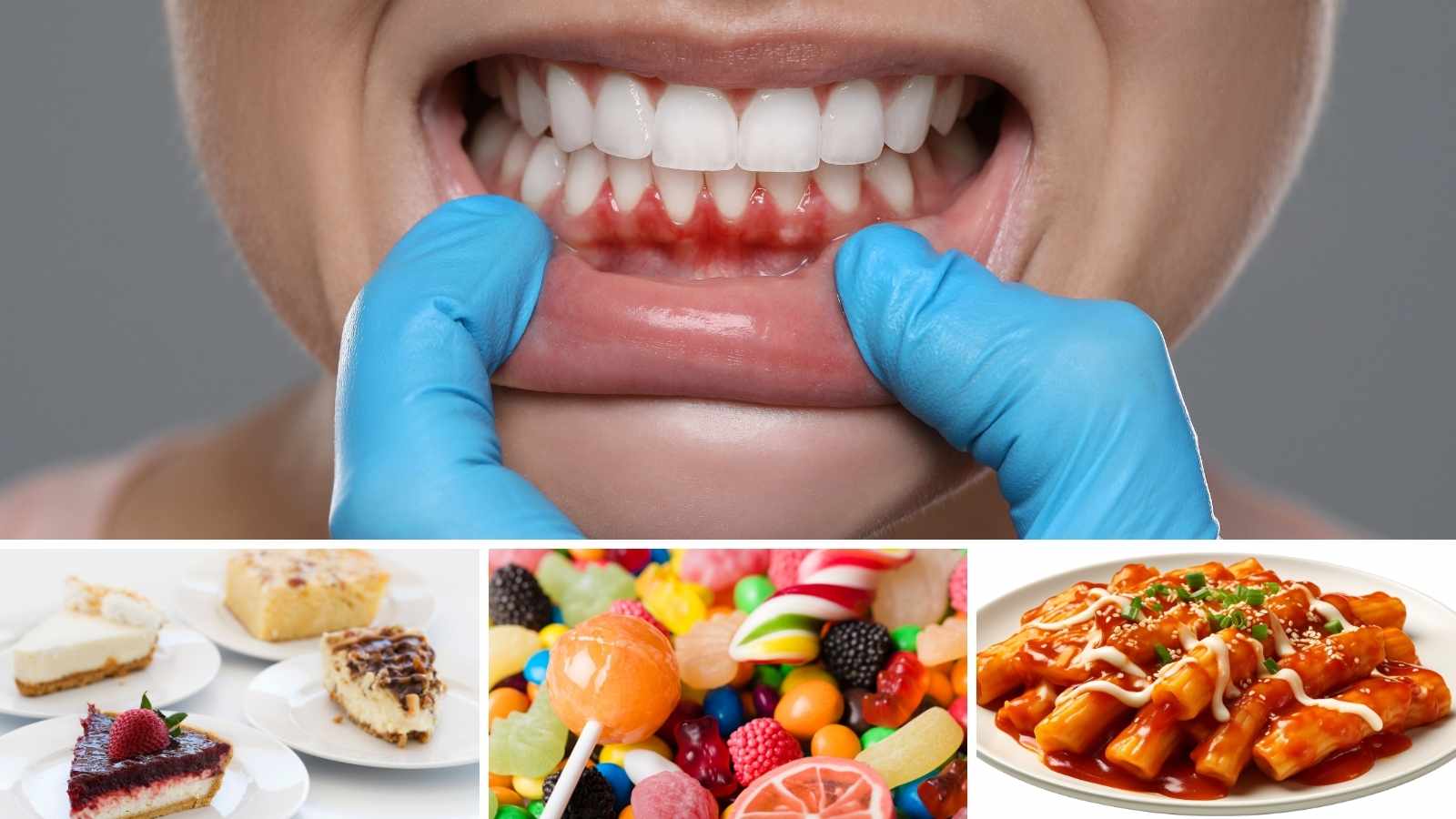
April 18, 2024
A black or dark spot on the tongue can be alarming, prompting concerns about oral health and potential underlying conditions. While such discolorations may vary in appearance and severity, understanding their causes, symptoms, and available treatment options is essential for accurate diagnosis and appropriate management. In this comprehensive guide, we’ll delve into the world of black or dark spots on the tongue, exploring their various causes, associated symptoms, diagnostic approaches, and potential treatment strategies.
Understanding Black or Dark Spots on the Tongue: Before delving into specific causes, let’s first understand what black or dark spots on the tongue entail. These spots may manifest as patches, dots, or areas of discoloration that appear darker than the surrounding tissues. While some cases may be benign and harmless, others may indicate underlying health issues that require attention. It’s essential to differentiate between temporary discolorations and those that may signal more significant concerns.
Common Causes of Black or Dark Spots on the Tongue: Several factors can contribute to the development of black or dark spots on the tongue, ranging from benign to potentially serious conditions. Some of the most common causes include:
- Oral Hygiene Habits: Poor oral hygiene can lead to the accumulation of food debris, bacteria, and dead cells on the tongue’s surface, resulting in discoloration or dark spots. Regular brushing, flossing, and tongue cleaning can help prevent this buildup and maintain oral health.
- Tobacco Use: Smoking or chewing tobacco can stain the tongue and oral tissues, leading to the development of dark spots or patches. Tobacco-related discoloration may worsen over time with continued use and can increase the risk of oral cancer.
- Medication Side Effects: Some medications, particularly certain antibiotics and antifungal drugs, can cause changes in tongue pigmentation as a side effect. These changes may manifest as black or dark spots and typically resolve once the medication is discontinued.
- Trauma or Injury: Accidental biting, burning, or other forms of trauma to the tongue can result in localized discoloration or bruising. These dark spots usually fade as the injured tissues heal and may not require specific treatment.
- Oral Piercings: Tongue piercings can cause irritation, inflammation, and discoloration of the surrounding tissues, leading to the formation of dark spots or patches. Proper oral hygiene and prompt management of piercing-related complications are essential for preventing discoloration and promoting healing.
- Fungal Infections: Oral thrush, a fungal infection caused by Candida albicans, can result in white patches on the tongue that may appear dark or black in color when debris accumulates within the lesions. Antifungal medications are typically prescribed to treat oral thrush and restore normal tongue color.
- Oral Cancer: In rare cases, black or dark spots on the tongue may be a sign of oral cancer, particularly if they are accompanied by other concerning symptoms such as persistent pain, swelling, or ulceration. Early detection and treatment are critical for improving outcomes in oral cancer cases.
Symptoms Associated with Black or Dark Spots on the Tongue: In addition to changes in tongue color, black or dark spots on the tongue may be accompanied by various symptoms depending on the underlying cause. These symptoms may include:
- Pain or Discomfort: Some individuals may experience pain, tenderness, or discomfort in the affected area, particularly if the discoloration is due to trauma, infection, or inflammation.
- Swelling or Inflammation: Inflammatory conditions such as oral thrush or allergic reactions may cause swelling, redness, or irritation of the tongue and surrounding tissues.
- Difficulty Eating or Speaking: Severe cases of tongue discoloration or associated symptoms may interfere with normal eating, drinking, or speaking activities, impacting quality of life and overall well-being.
- Bleeding or Ulceration: In advanced cases, black or dark spots on the tongue may be accompanied by bleeding, ulceration, or the formation of open sores that fail to heal.
Diagnostic Approaches for Black or Dark Spots on the Tongue: Diagnosing the underlying cause of black or dark spots on the tongue typically involves a comprehensive evaluation by a healthcare professional, often starting with a thorough medical history and physical examination. Additional diagnostic tests or procedures may be recommended based on the suspected cause and clinical findings. These may include:
- Visual Examination: A healthcare provider will visually inspect the tongue and oral cavity for signs of discoloration, lesions, or other abnormalities. They may use a tongue depressor and flashlight to facilitate examination.
- Medical History: Gathering information about the patient’s medical history, oral hygiene habits, tobacco use, medication history, and recent changes in diet or lifestyle can provide valuable insights into potential contributing factors.
- Biopsy: In cases where oral cancer is suspected, a biopsy may be performed to obtain a tissue sample from the affected area for further analysis. This sample is examined under a microscope by a pathologist to determine if cancer cells are present.
- Microbiological Testing: If a fungal infection such as oral thrush is suspected, microbiological testing may be conducted to identify the underlying pathogen and guide appropriate treatment.
- Imaging Studies: In some cases, imaging studies such as X-rays, CT scans, or MRI scans may be ordered to assess the extent of tissue involvement and rule out underlying structural abnormalities or malignancies.
Treatment Options for Black or Dark Spots on the Tongue: The appropriate treatment for black or dark spots on the tongue depends on the underlying cause and severity of the condition. Treatment options may include:
- Improved Oral Hygiene: Practicing good oral hygiene habits, including regular brushing, flossing, and tongue cleaning, can help prevent and reduce tongue discoloration caused by food debris, bacteria, or plaque buildup.
- Tobacco Cessation: Quitting smoking or chewing tobacco is essential for reducing the risk of tongue discoloration and oral health complications associated with tobacco use. Nicotine replacement therapy, counseling, and support groups may be helpful for individuals trying to quit tobacco.
- Medication Adjustment: If tongue discoloration is a side effect of certain medications, a healthcare provider may recommend adjusting the dosage, switching to an alternative medication, or discontinuing the medication if possible.
- Topical Treatments: Antifungal medications, oral rinses, or topical ointments may be prescribed to treat fungal infections such as oral thrush and restore normal tongue color and texture.
- Dental Procedures: In cases where tongue discoloration is caused by oral piercings, trauma, or structural abnormalities, dental procedures such as piercing removal, restoration of damaged teeth, or correction of bite alignment issues may be recommended.
- Surgical Intervention: In rare cases of oral cancer or other serious conditions, surgical intervention such as tumor removal, lymph node biopsy, or reconstructive surgery may be necessary to remove diseased tissues and restore oral function.
Home Care Tips for Managing Black or Dark Spots on the Tongue: In addition to medical treatment, patients can take proactive steps to manage black or dark spots on the tongue and promote oral health. Some helpful home care tips include:
- Maintain Good Oral Hygiene: Brush your teeth at least twice a day with fluoride toothpaste, floss daily to remove plaque and food debris between teeth, and use a tongue scraper or cleaner to gently remove bacteria and debris from the tongue surface.
- Stay Hydrated: Drink plenty of water throughout the day to keep the mouth moist, promote saliva production, and flush out bacteria and toxins that may contribute to tongue discoloration.
- Avoid Tobacco and Alcohol: Limit or avoid smoking, chewing tobacco, and excessive alcohol consumption, as these habits can stain the tongue and increase the risk of oral health problems.
- Eat a Balanced Diet: Consume a diet rich in fruits, vegetables, whole grains, and lean proteins to support overall health and provide essential nutrients for optimal oral health.
- Practice Stress Management: Stress and anxiety can exacerbate oral health issues such as teeth grinding, dry mouth, and poor oral hygiene habits. Practice relaxation techniques such as deep breathing, meditation, or yoga to reduce stress and promote oral health.
- Regular Dental Check-Ups: Schedule regular dental check-ups and cleanings with your dentist to monitor oral health, detect any signs of tongue discoloration or other abnormalities, and receive timely treatment as needed.
Potential Complications of Black or Dark Spots on the Tongue: While most cases of black or dark spots on the tongue are benign and resolve with appropriate treatment, certain complications may arise if left untreated or if the underlying cause is not addressed promptly. These complications may include:
- Oral Infections: Untreated fungal infections such as oral thrush can spread to other areas of the mouth, throat, or esophagus, leading to more extensive oral health problems and systemic complications.
- Oral Cancer: In rare cases, black or dark spots on the tongue may be a sign of oral cancer, particularly if they are accompanied by other concerning symptoms such as persistent pain, swelling, or ulceration. Delayed diagnosis and treatment of oral cancer can result in more advanced disease and poorer outcomes.
- Chronic Discomfort: Persistent tongue discoloration or associated symptoms such as pain, swelling, or difficulty eating or speaking can significantly impact quality of life and overall well-being if left untreated.
- Psychosocial Effects: Tongue discoloration and associated oral health issues may cause embarrassment, self-consciousness, or social anxiety, particularly if they affect speech, eating, or appearance.
- Systemic Health Risks: Chronic oral health problems such as gum disease, oral infections, or oral cancer have been linked to an increased risk of systemic health conditions such as cardiovascular disease, diabetes, and certain cancers.
Conclusion: Black or dark spots on the tongue can be concerning, but they are not always a cause for alarm. Understanding the potential causes, associated symptoms, diagnostic approaches, and treatment options is essential for identifying the underlying issue and addressing it effectively. Whether the discoloration is due to benign factors such as poor oral hygiene or more serious conditions such as oral cancer, early detection and prompt treatment are key to achieving optimal oral health and overall well-being. By practicing good oral hygiene habits, seeking regular dental care, and being mindful of changes in tongue color or texture, individuals can take proactive steps to maintain a healthy tongue and a beautiful smile.





